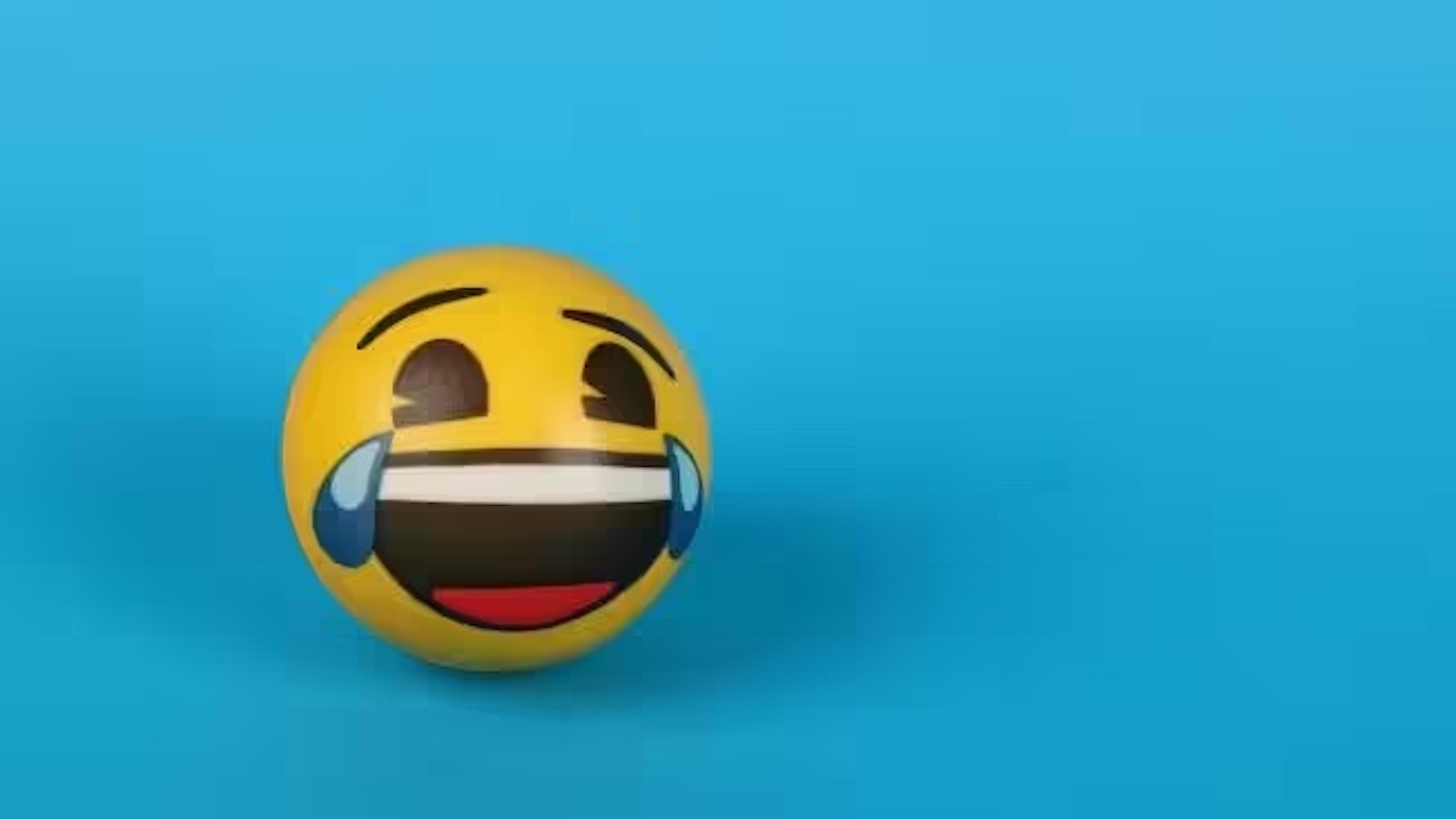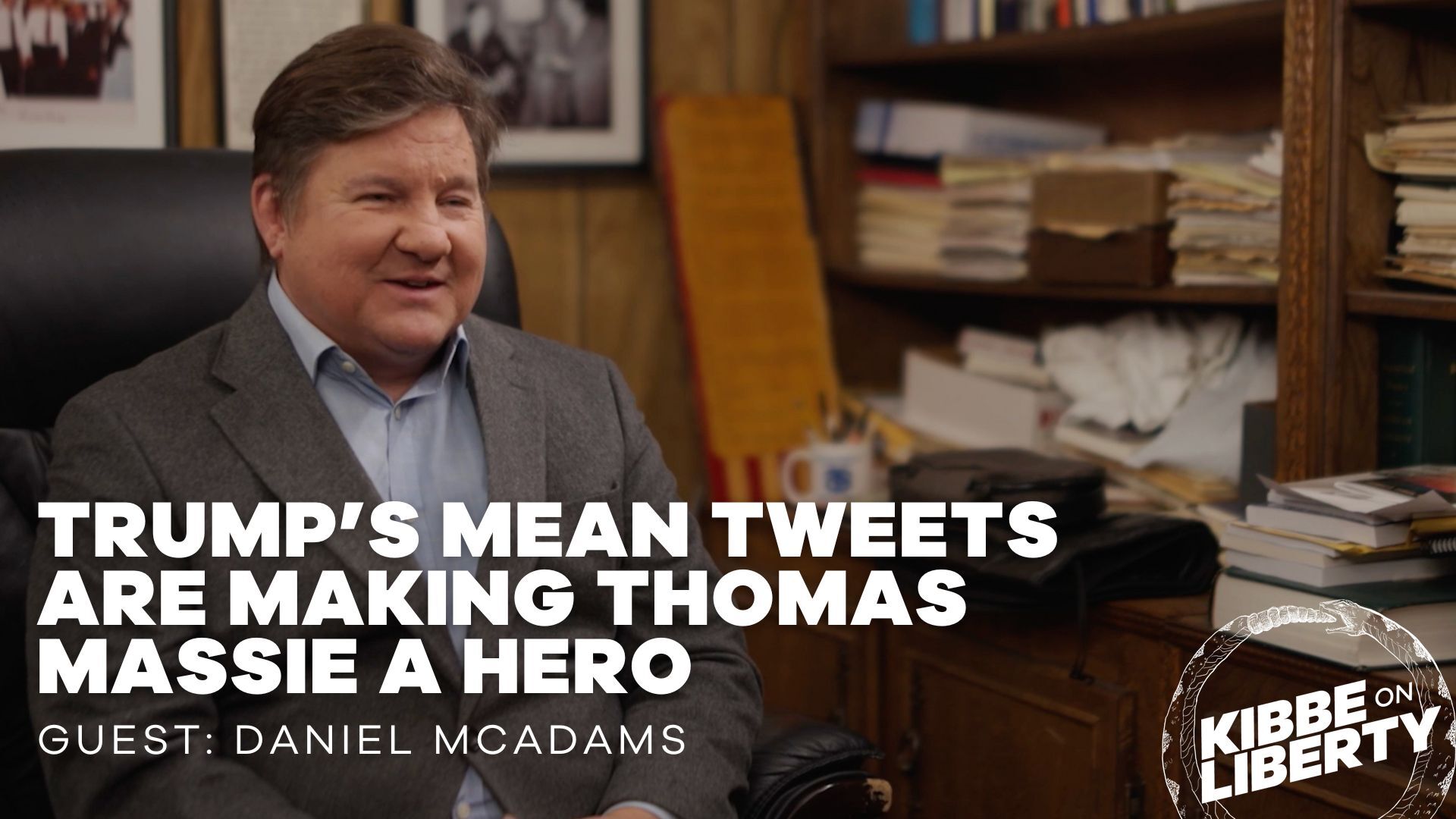
OMG These New Acronyms Are Totally Cringe TBH
“A chiel’s amang ye takin’ notes,/An’ faith he’ll prent it.”
Take a quantum leap a few centuries from Robert Burn’s day, and the “chiel” will be short-scrivening proceedings, topping the chicken-scratch summary off with an eye-assaulting series of 🔥💯🤡🥵 emojis. Actually, the task of note-taking is probably as foreign to Generation Z as writing a check. Can anyone under age twenty-five even form a lateral tripod with their thumbs? Or are their phalanges only good for phone scrolling and Fortnite?
Now Gen Z has stumbled upon yet another means of forsaking their cultural patrimony: reconfiguring a widely recognized internet acronym.
“LOL,” which (I can’t believe I have to type this, but boomer obliviousness should never be underestimated), stands for “laugh out loud,” is no longer good enough. Not for the hip youngsters. The roll-off-your-tongue abbreviation, in all its useful typologies, including all-caps (LOL), first-L capitalization plus punctuation (Lol!), the imitation cognate “lulz,” the exaggerated variant ROFL, or a run-on sequence (lololololololol), doesn’t serve Gen Z’s needs anymore.
Why? Because too many nosy grannies recognize it, which makes it, to borrow a geezer term, “square.”
So Gen Z’s refashioned tired, old “lol” into something more coded: “IJBOL.” What does it stand for, other than sounding like a Mediterranean fast-casual dish? An entire sentence: “I just burst out laughing.”
Gone is the elegance of the simple, tossed off “lol”. Now the sentiment is expressed with a subject, adverb, phrasal verb, and present participle. Who says the young are illiterate dullards?
IJBOL users, so awash in online chatter, claim their new acronym is a more faithful descriptor. A 25-year-old was asked by the New York Times why she prefers the jawbreaking update to the well known internet contraction. The answer is charmingly inane: she believes IJBOL is true to life. “I’m usually just quiet and then I let out a snort,” is how she describes her spontaneous flutter of laughter. These kids and their precious “authenticity”… Another twenty-something stressed IJBOL’s more accurate portrayal of giddiness: “I don’t LMAO. It’s just not what I do.”
What a humorless bugman. It gets worse. He swells his solipsism: “I associate LMAO with millennial humor. But then I associate IJBOL with Gen Z humor, which is funnier.”
Like M.J., I’m taking that personally. Yes, millennials have popularized cancel culture in all its muzzling passion, but we still grew up around comedy’s progression from transgressive bawdiness to cringe sitcoms to candid-camera pranks to meme jokes. No, we didn’t come of comedic age with George Carlin and Monty Python. But millennials can lay just claim to Dave Chappelle, “The Office,” and mocking bland corporate protocol.
What can Gen Z call its own? TikTok derivations of everything we ironically detached millennials already spoofed, lampooned, and comedified? Ear-grating ungrammatical slang that tries too hard? iPads in the crib?
Yes, I’m biased against my generative successors. (Who isn’t? The impudent next-in-line always have it so much easier!) But millennial resentment toward the chirping fledglings who nibble on their aging coattails isn’t unique—much to the shock of my coevals who were told by Nickelodeon they’re extra special flowers in fields of chromatic monotony.
Millennials too pushed back against the seemingly restrictive code imparted onto them by their boomer parents. Generational rebellion is an age-old practice. Every rising peer group developing in consciousness questions the state of things. This interrogation is sometimes just, e.g. abolitionists. Sometimes it’s absurd, e.g. explaining to my four-year-old why she has to get out of bed and slide on her jumper and Mary Janes for kindergarten. (The absurd part of the latter isn’t my kid wanting to laze under the covers for a few more hours—it’s my trying to explicate the need for routine and learning to a preschooler.)
“There will always be rebels, with or without causes,” said Anthony Lane of revolting youth. The IJBOL invention is just another hind kick of defiant adolescence. Every cohort develops its own lingo. Some of it is simple samizdat to avoid adult detection. On other occasions, hatched jargon is a deliberate pushback against stifling parental supervision.
But here’s the thing about juvenile contrivance: it always contains the seeds of cultural transmission. Teenagers may long to break the conformist mold, but they will fail, just like their trig final. What they view as a novel, breakaway idea is ineluctably informed by their…*insolent shudder* parents. Consider what passes for popular today: wokeness is, as Ed West illustrates, a corrupted form of Christian puritanism; Marvel movies take from the post-war comic boom; TikTok is just commie Vine; influencer marketing is product-placement from mid-century radio serials; pontificating on socialism from mommy’s basement is Marx sponging off the generous Engels to write his fleece Tumblr posts tracts.
Youthful confections won’t always be faithful to their source material. But, as novelist Zadie Smith discovered, ancestral influence is inevitable.
What does all this discursive disquisition on sociocultural inheritance mean for the future of America, besides the promise of more mouthfully unnecessary acronyms? Are we doomed to a repeating remake loop, like Netflix regurgitating ‘90s sitcom reboots? (Ughhh. “Good Burger 2“? Must we really?)
Probably, in the nothing-new-under-the-sun sense, because all human stories have already been told. But as the Swedish sociologist Gunnar Myrdal postulated, America is “conservative in fundamental principles … but the principles conserved are liberal and some, indeed, are radical.”
That radicalness takes the form of boundary-pushing, which can lead to technological innovation, or, in its worst case, blind destruction. But, at least in a country founded upon liberalizing ideals, balking at staid acceptance is an ineradicable part of our national character. The most virulent anti-American Americans still fall back upon our revolutionary beginnings to legitimize their level\ling ends. So it is with back-to-schoolers looking to communicate on the q.t., away from their parents’ prying eyes.
As the kids also now say, IYKYK.
Free the People publishes opinion-based articles from contributing writers. The opinions and ideas expressed do not always reflect the opinions and ideas that Free the People endorses. We believe in free speech, and in providing a platform for open dialogue. Feel free to leave a comment.



